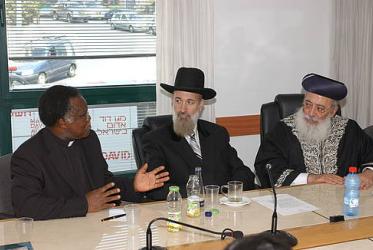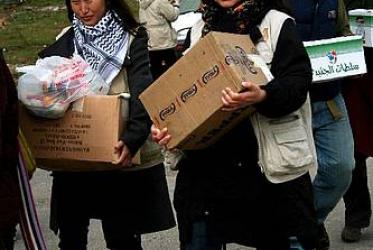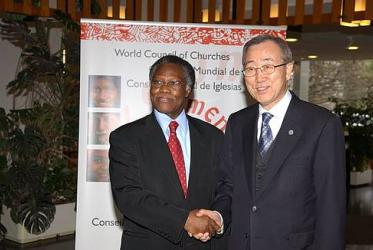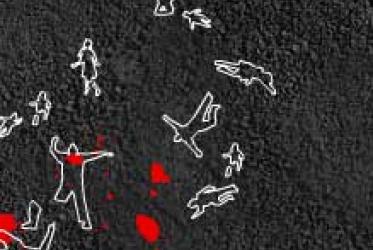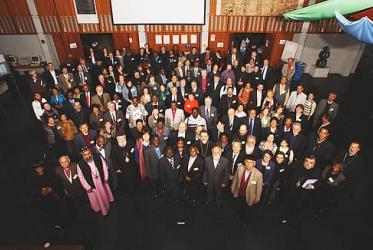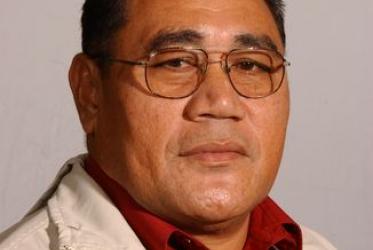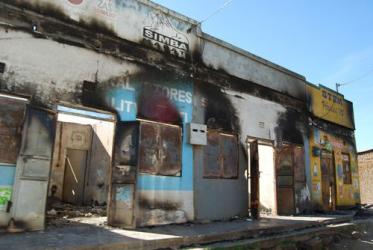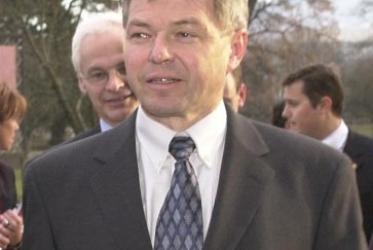Displaying 8581 - 8600 of 9695
WCC calls for UN fact finding mission to Papua
17 March 2008
Tribute to Chiara Lubich
14 March 2008
Tribute to Lukas Vischer
12 March 2008
WCC central committee: Making a difference together
21 February 2008
"Like being in the center of the globe"
20 February 2008
Search committee for a new WCC general secretary begins its work
20 February 2008
"We hope to contribute to the progress of the ecumenical movement"
20 February 2008
WCC statements address climate change, other topics
20 February 2008
Three statements pay attention to elections
20 February 2008
A presentation from the Pacific
19 February 2008
Church statements should have roots in scripture
19 February 2008
A Dame of ecumenism
19 February 2008
Let us pray
19 February 2008
HIV/AIDS: "We can't be silent"
19 February 2008





